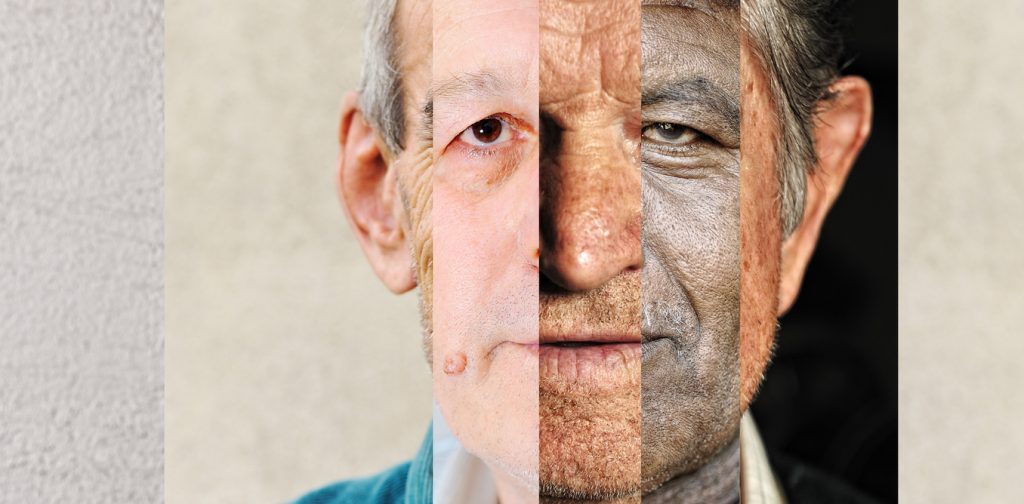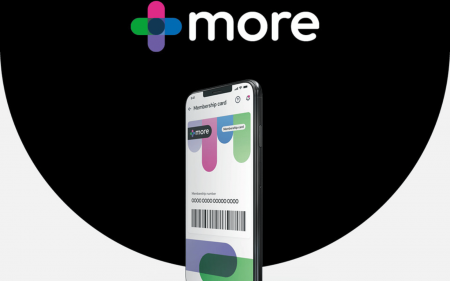When it comes to identifying someone allegedly involved in a crime there can be risks associated with seeing photos of people on Facebook and other social media, as the recent case involving convicted killer Adrian Bayley highlights.
Bayley was arrested in 2012 for the rape and murder of ABC journalist Jill Meagher. He later pleaded guilty in 2013 and was sentenced to a minimum term of 35 years.
In 2014 and 2015, Bayley was found guilty of raping three other women. The first incident was alleged to have taken place in 2000 and the other two were in 2012, only months before he killed Meagher.
As a result of these new convictions his sentence was extended so he was ineligible for parole until 2058.
Beyond reasonable doubt?
But last month, the Victorian Court of Appeal overturned one of Bayley’s new convictions and cut his minimum sentence by three years.
The victim of the attack in 2000, identified as GH to protect her identity, was a sex worker at the time.
The prosecution alleged that Bayley had picked up GH in his car, punched her to the side of her face and then sexually assaulted her. Bayley’s defence was that it wasn’t him, and the victim had made a mistake in identifying him as her attacker.
She initially identified Bayley during the media storm surrounding Meagher’s death, 12 years after her attack. She was on Facebook and saw a missing persons page for Meagher when, according to her evidence:
[…] all of a sudden I’ve seen Adrian Bayley’s face and I knew, a hundred percent, that’s my guy.
Police then conducted a formal photo board procedure with her and showed her a board with around 12 photographs on it, one of which was Bayley. She positively identified him again during that procedure.
At trial, the jury accepted GH’s evidence and convicted Bayley. He then appealed to the Court of Appeal, arguing that no reasonable jury could have found him guilty beyond reasonable doubt.
His argument was that the initial circumstances of the victim identifying him via Facebook were too unreliable, and that the later ID by police was therefore unreliable as well.
The displacement effect
The appeal court agreed, saying there was too great a risk that her ID was tainted by a phenomenon known as the displacement effect.
This effect is one of the ways in which post-event information can change how we remember an event happening, our brains subconsciously tricking our memory.
The American cognitive psychologist Elizabeth Loftus, famous for her research on false memories, has shown that hearing someone else describe a person a particular way can then cause us to describe that person the same way, even if that description isn’t accurate.
The displacement effect more specifically involves visual misinformation: seeing a person after an event (in a photo, video or real life), linking them to that event for some reason, and then falsely remembering them as having been involved.
Imagine, for example, that you see a fight outside your local pub one night. You don’t know anyone who was involved, but police want to interview you to see if you can identify anyone. You agree to attend the police station in a day or so.
Before you go into the police station, a friend comes over to your house, opens up their Facebook app on their phone, and shows you images of who they believe was involved in the fight.
From the moment that you see that photo, there is a risk – not a guarantee, but definitely a risk – that you have superimposed the face from that photo into your memory of the fight.
You might now confidently remember the person from the photo as being the person involved in the fight. And you might be right. The problem is that because you were expecting to see the culprit, your mind might have altered your memory without you realising it.
Our memory is not a perfect recording device. The displacement effect, a process whereby a new face is displaced onto an old memory, is like our brain Photoshopping our memory.
Facebook and the displacement effect
Prior to Facebook becoming such a daily part of our lives, the displacement effect wasn’t a huge problem. We didn’t have access to mass databases of photographs of people we may or may not know.
But that’s all changed through social media. We now have access to photos of friends, photos of friends of friends as well as photos of strangers. There are exponentially more opportunities for us to go on our own amateur investigation and try to find the culprit.
This means that eyewitness identifications might be even more unreliable than ever, already accounting for more than two-thirds of wrongful convictions in the United States alone.
Courts need to be extra careful to scrutinise the circumstances in which someone has identified an accused. If the initial identification took place under suggestive circumstances, such as a witness trawling Facebook in the hopes of identifying the offender, their identification may not reach the standard needed to be used as evidence.
Using Facebook to find a culprit can be a double-edged sword, then. It offers us an entirely new way to identify who committed the crime, but it may be that the evidence becomes unusable in the process.
The circumstances in which the displacement effect will pose a particularly dangerous risk are when we actively try to find the person. The reason this is particularly dangerous is because, at least in part, we are expecting to succeed.
So a word of caution. Police have special procedures in place that help minimise the risk of mistakes during identifications. If you see a crime, don’t look at Facebook or other social media until you’ve had a chance to work with police. Otherwise you might end up doing more harm than good.
- PhD Candidate (Criminal Law), Deakin University
- This article first appeared on The Conversation





